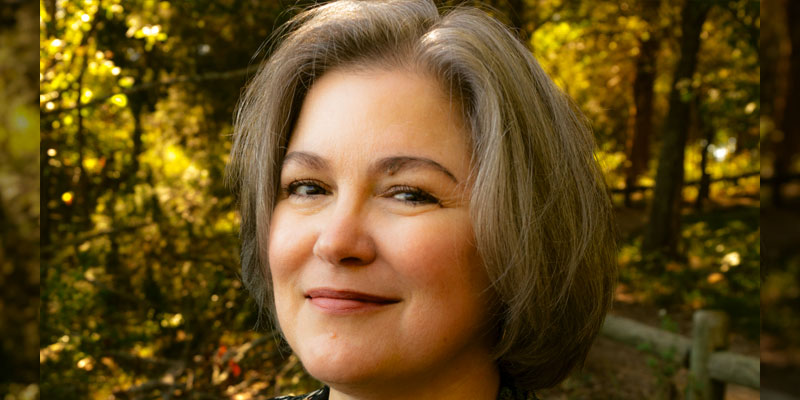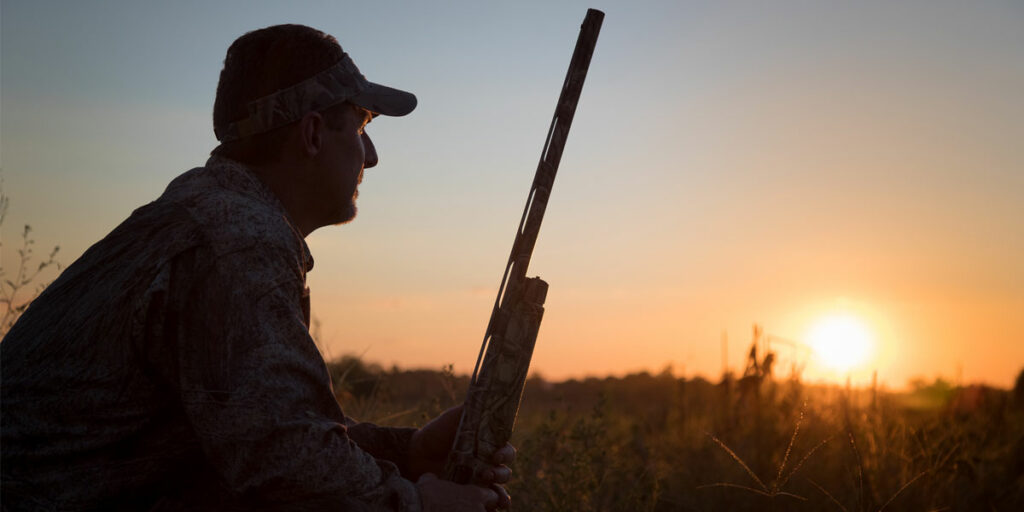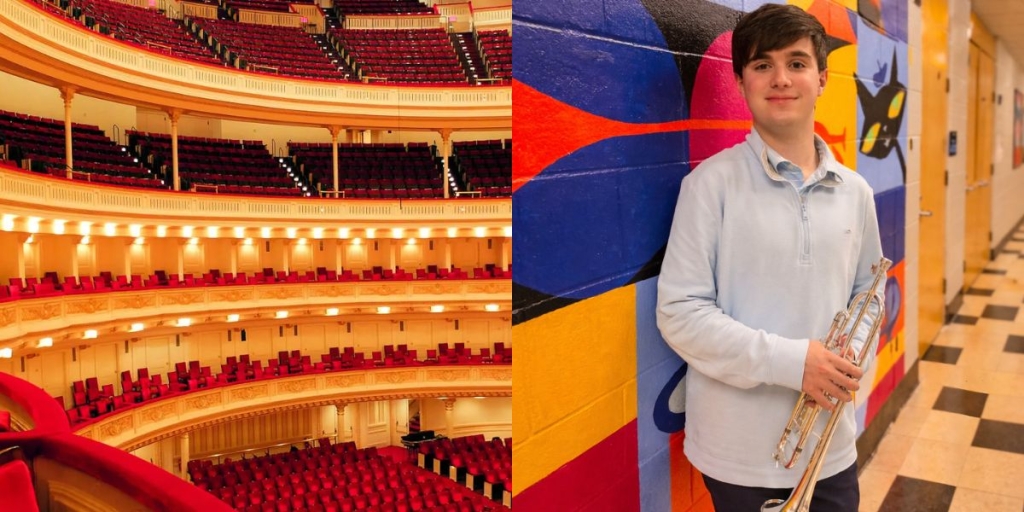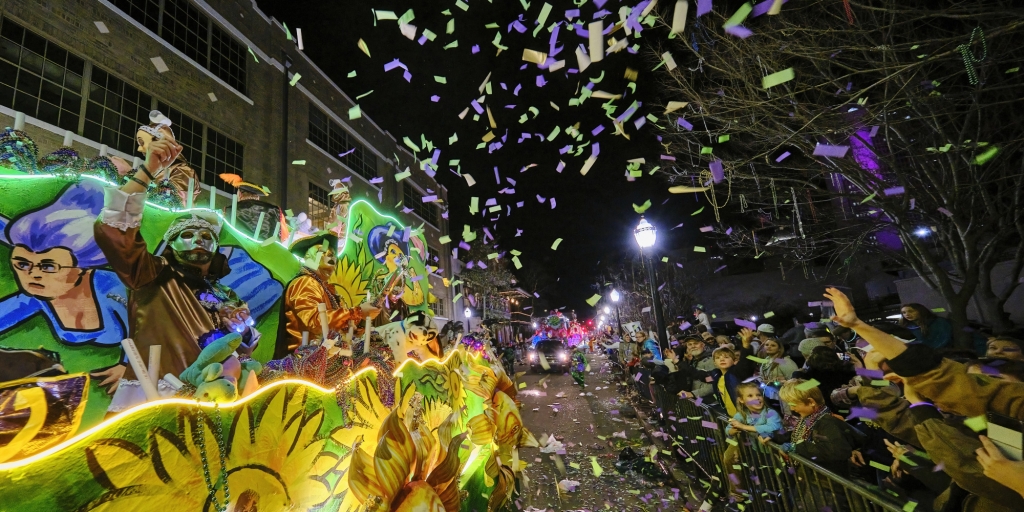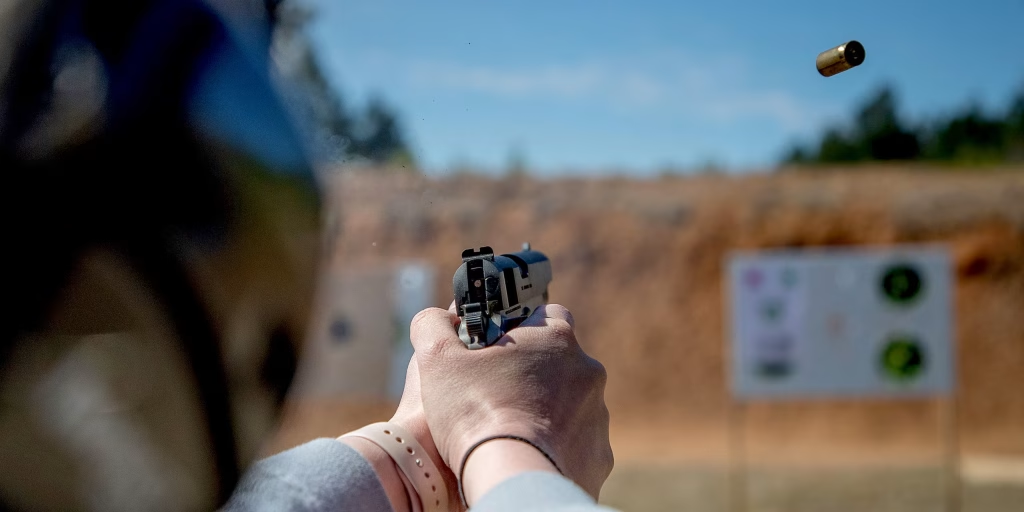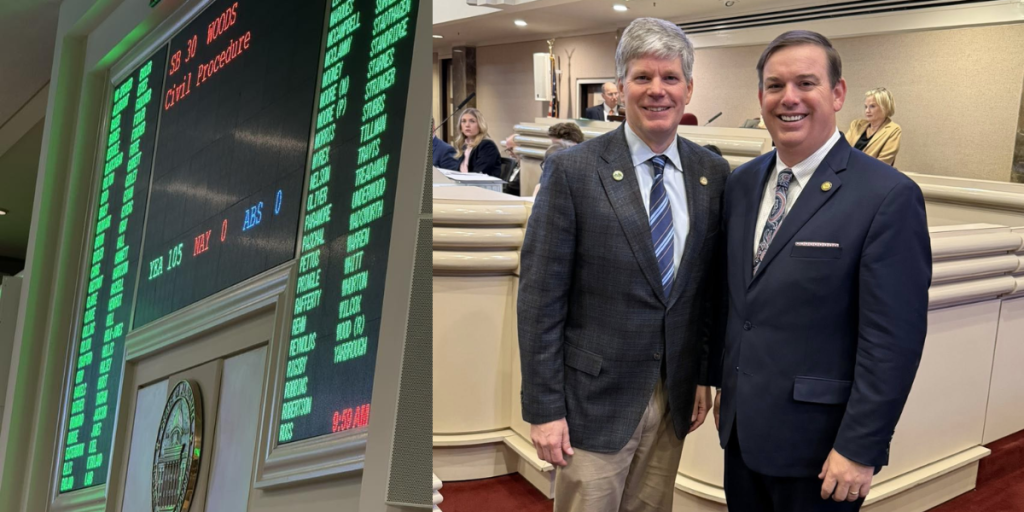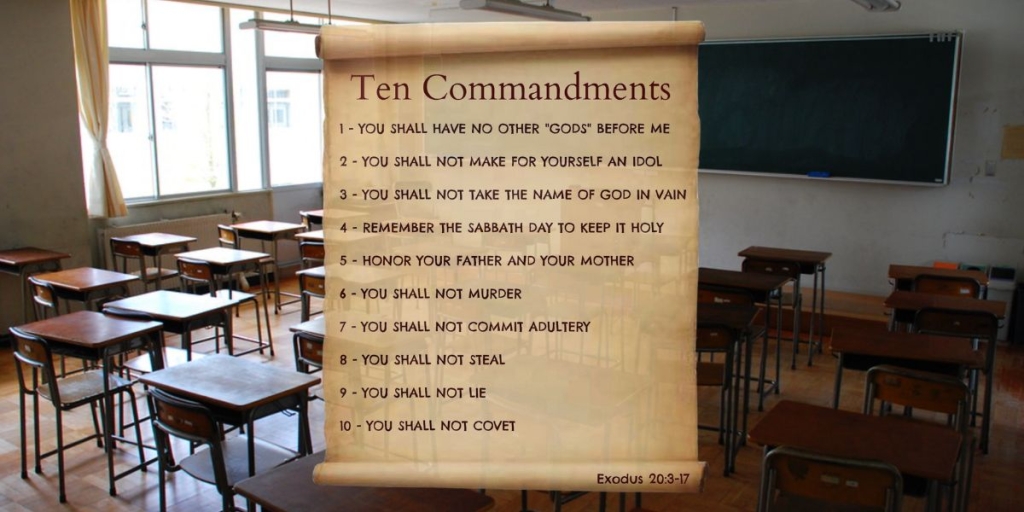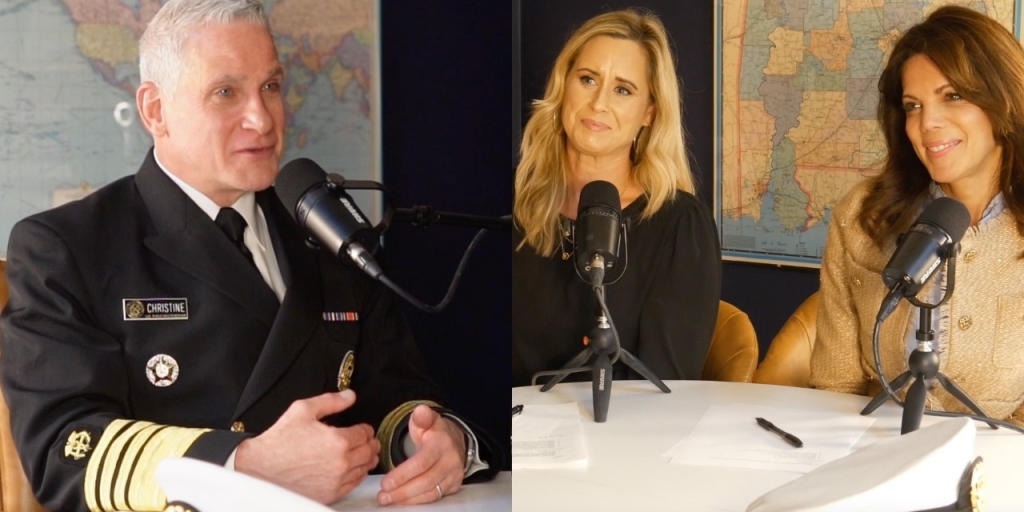A couple of years ago, Alabama native Margaret Renkl, who had made a career out of writing and editing, was stressed. Really stressed.
Living in Nashville, she had moved her mother up from Birmingham to help take care of her in her final years.
“After my mom died, and my husband’s parents had moved up here, too, it really was unbearable,” she says. “I was dealing with grief and caregiving, and two of my three children were still living at home. It was a lot.”
Then, at the Southern Festival of Books, Renkl ran into an editor from The New York Times. The newspaper was starting a new series, The End, about end-of-life issues, and he urged her to write about her experience.
“I ended up working, first thing in the morning, 15 minutes a day, on an essay about my mother’s death and my mother-in-law dying, and at the end of the month, I sent it in, and they bought it,” Renkl says. “I did another piece, and they bought that, also. By that time, I was feeling a lot more confident.”
Her mother-in-law had also passed away, so Renkl had a bit more time.
“I was still sorting through these issues about grief, but I didn’t think of them as a book,” she says.
But they were a book, at least the beginnings of one, and last month Renkl released “Late Migrations,” a book of essays about two of Renkl’s passions – her family and the natural world.
The book has received rave reviews from celebrities and bibliophiles alike. Oprah Winfrey’s O magazine says Renkl “guides us through a South lush with bluebirds, pecan orchards and glasses of whiskey shared at dusk in this collection of prose in poetry-size bits.” Author Ann Patchett says the book has the makings of “an American classic … beautifully written, masterfully structured and brimming with insight into the natural world.” Actress Reese Witherspoon says Renkl “is the most beautiful writer. I love this book.” “Late Migrations” has been featured on NPR and in Garden & Gun and People magazines, among others.
It’s all a bit surprising to Renkl, who graduated from Auburn University with a degree in English in 1984 and earned her master’s at the University of South Carolina.
“The structure is unusual, and the subject is often sad,” Renkl says. “It’s a meditation on grief some ways, and I think we as a culture aren’t comfortable talking about death and grief. I’ve been surprised and heartened by the response.”
Renkl was born in Andalusia, but she moved to Birmingham while in first grade.
“The world I lived in in Birmingham was completely different from the world I lived in heretofore,” she says. “We went back to lower Alabama all the time, because my grandparents still lived there. That was pretty foundational for the way I think of my growing-up years.”
Renkl’s father was in real estate development, building apartment complexes, and she and her family would move from site to site, wherever her father’s company was building a complex.
“It’s a little ironic that I spent so much time in the outdoors, because we were living in the woods that my father’s company was tearing down,” says Renkl, who graduated from Homewood High School.
She and her brother, Billy, an artist who provided illustrations for “Late Migrations,” forged their collaboration early on with childhood books of poetry and illustrations. Later, Billy would be her art director when she was editor of her high school newspaper and also when she was editor of the Circle literary magazine at Auburn.
After graduate school, Renkl taught high school, but in her 10th year of teaching, she found herself on bed rest while pregnant with her second child, and since she couldn’t teach, she had to “find a way to make some money.”
She launched a 12-year freelancing career with an essay for Glamour magazine and later edited Chapter 16, an online journal for Humanities Tennessee, for 10 years.
After that, The New York Times, a publication she had failed to sell freelance essays to after several tries, came calling, and she began writing for The End. The Times soon hired her to write a regular monthly column, and six months later, they asked her to write weekly.
“I asked for my first contract to be six months instead of a year, because I wasn’t completely convinced I could come up with something every week,” Renkl says. “Then I signed a contract for a year, then another for a year. I’m pretty happy with the arrangement.”
As a regular writer for The Times, Renkl writes about “flora, fauna, politics and culture in the American South,” according to the newspaper. She has written about her family, animals and politics.
In the meantime, Renkl was continuing to write essays about her family – the grief of losing her mother, mother-in-law and, earlier, her father – and, thanks to her disdain for the 2016 political season and its aftermath, nature. “I started writing a little nature blog that had pretty much zero audience, but writing about the natural world reminded me that what was happening in the political arena was only temporary,” she says. “At some point, the other women in my writer’s group said, ‘You know this is a book, right? … This is a book about longing and loss in many different contexts.’”
Milkweed Editions agreed and worked with Renkl on “Late Migrations,” which includes memoir-type essays along with essays on nature and drawings by her brother.
“This was his family, too,” Renkl says. “So it seemed natural to me to have my story of my family include work by him. … Also, Billy’s artwork is very often about birds and insects and stars and flowers and leaves.”
Initially, Renkl paired her work with pieces her brother had already created, but he ended up creating 20 original pieces for “Late Migrations.”
“As I was reading the early drafts of the book, I came to realize that I wanted to use my voice to amplify the beautiful connections between Margaret’s backyard observations of nature and her stories about our family,” Billy Renkl says. “Eventually, I decided to aim for a carefully calibrated relationship between images that seemed to reference the history of wildlife identification guidebooks and family photo albums – images that were equal parts objective observation and idiosyncratic family myth.”
Though some have referred to “Late Migrations” as a memoir, Renkl disagrees.
“To me, that means comprehensive and complete,” she says. “These essays make no pretense to be comprehensive. I’m not telling the story of my life. I consider it primarily to be a meditation on loss and human life and in the natural world. I took great comfort, in writing both sets of essays, in seeing how what happens to us in human life is being played out all around in the natural world.”
Renkl says her parents would have loved “Late Migrations.”
“They were so proud of me, and the book is a love letter to them,” she says. “It’s a love letter to family life, to the natural world. It’s a praise song. They would have loved that.”
Margaret Renkl will be signing “Late Migrations” on Sept. 4 at 6 p.m. at Pebble Hill in Auburn; and Read Herring books, 105 S. Court St. in Montgomery, on Sept. 5. You can find her book tour schedule here.
(Courtesy of Alabama NewsCenter)




